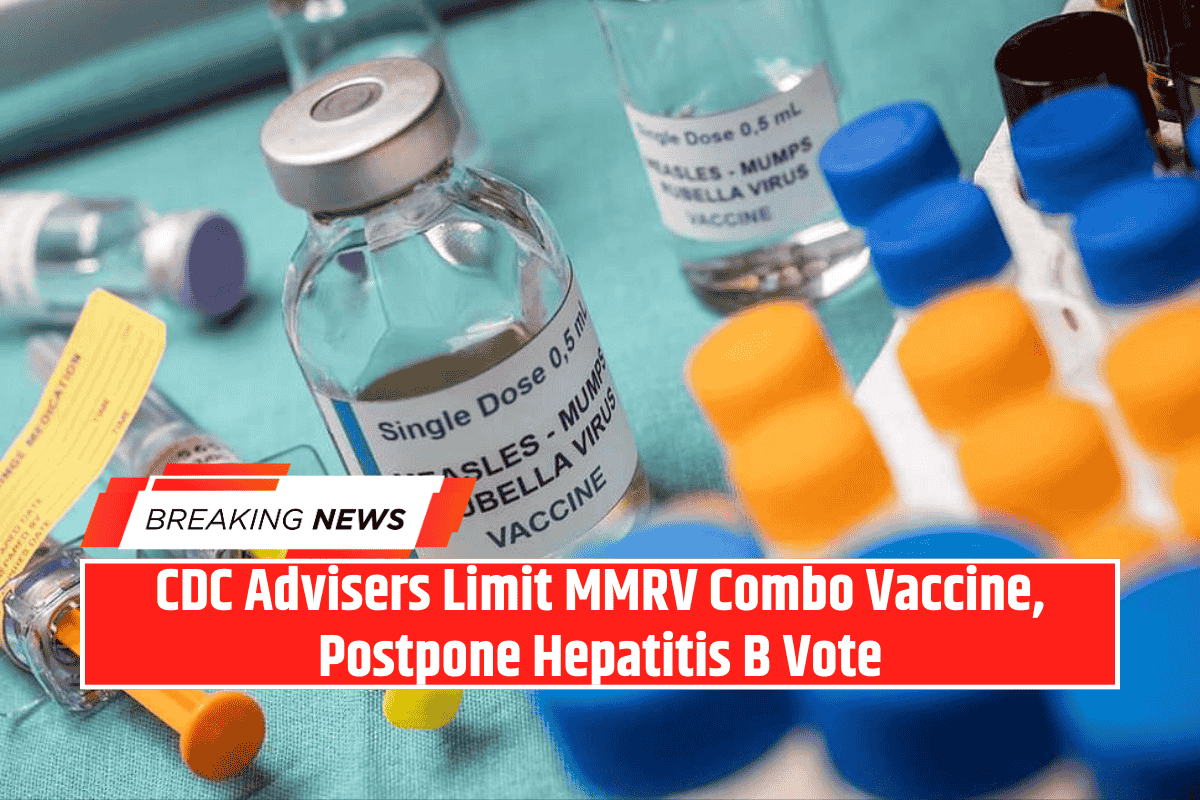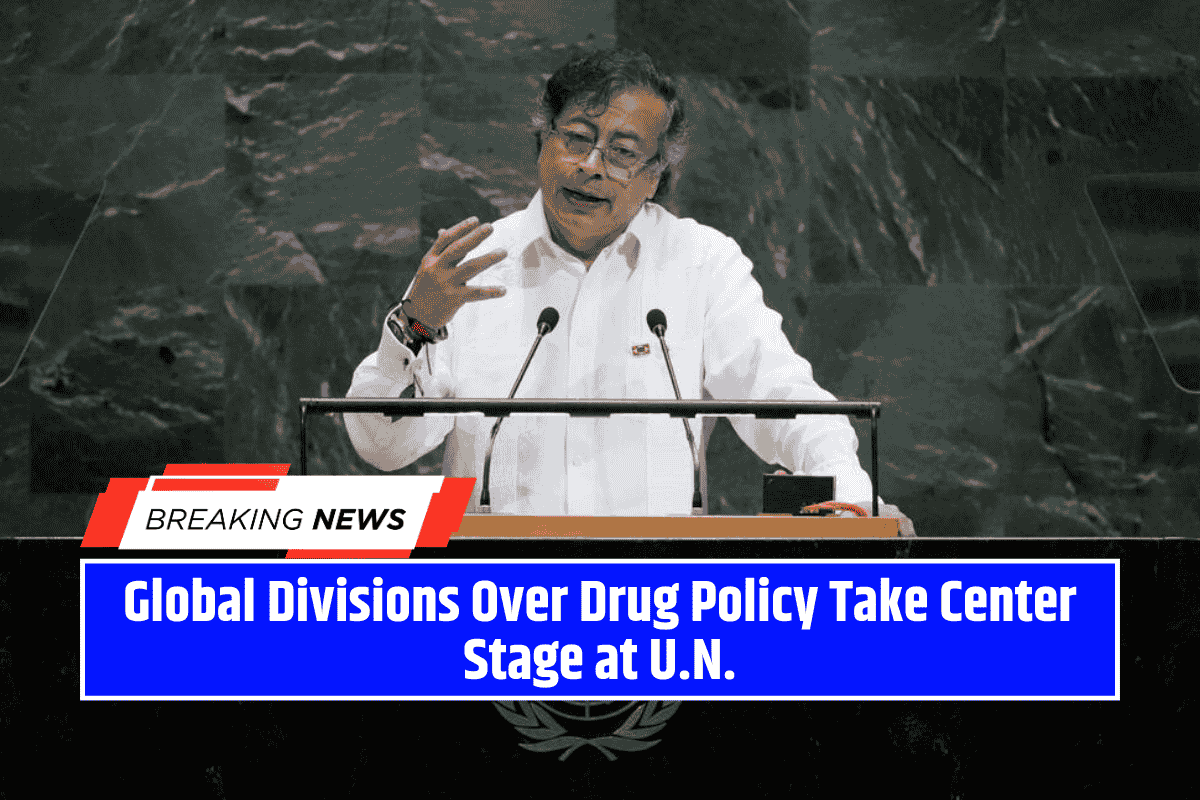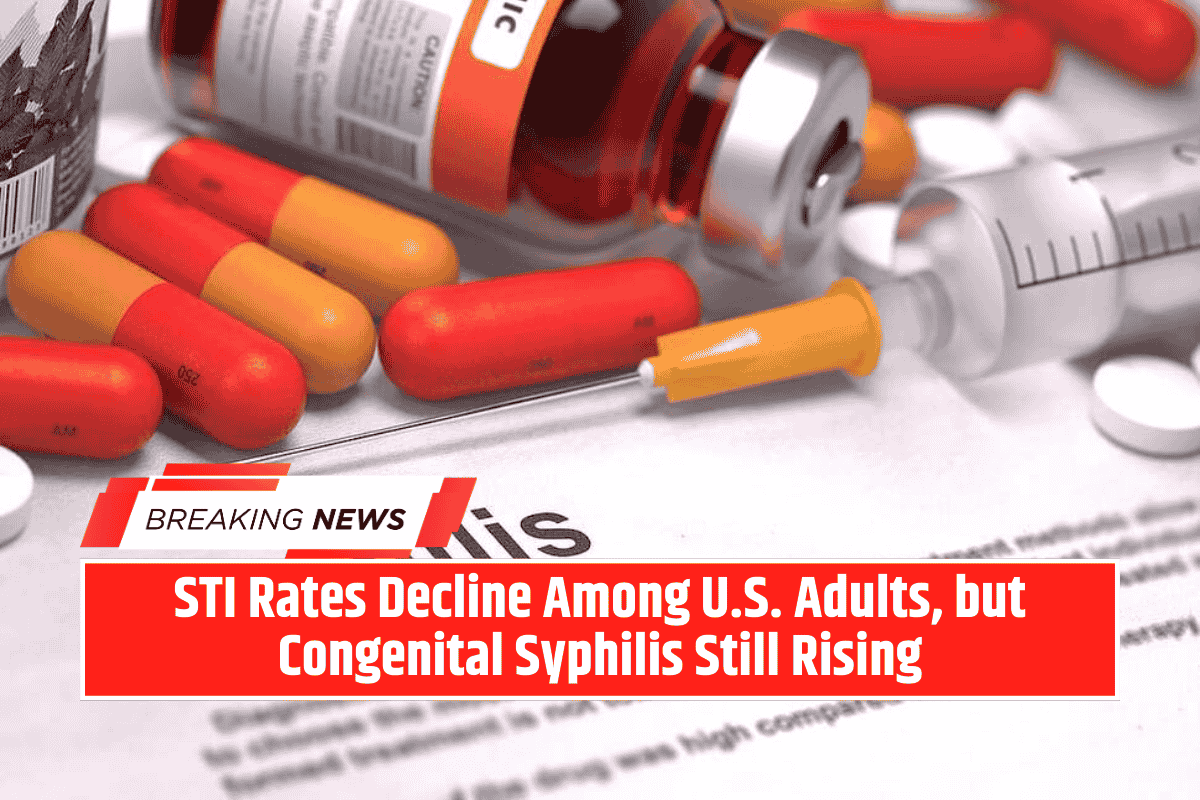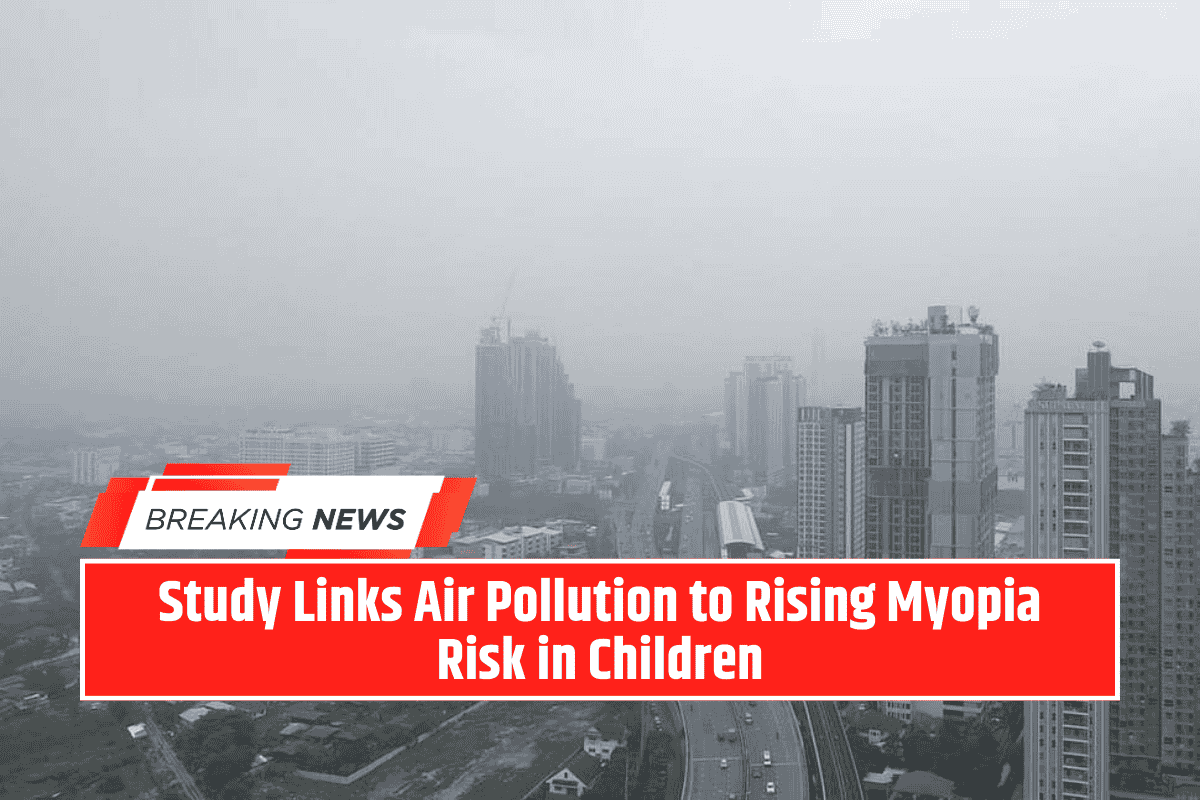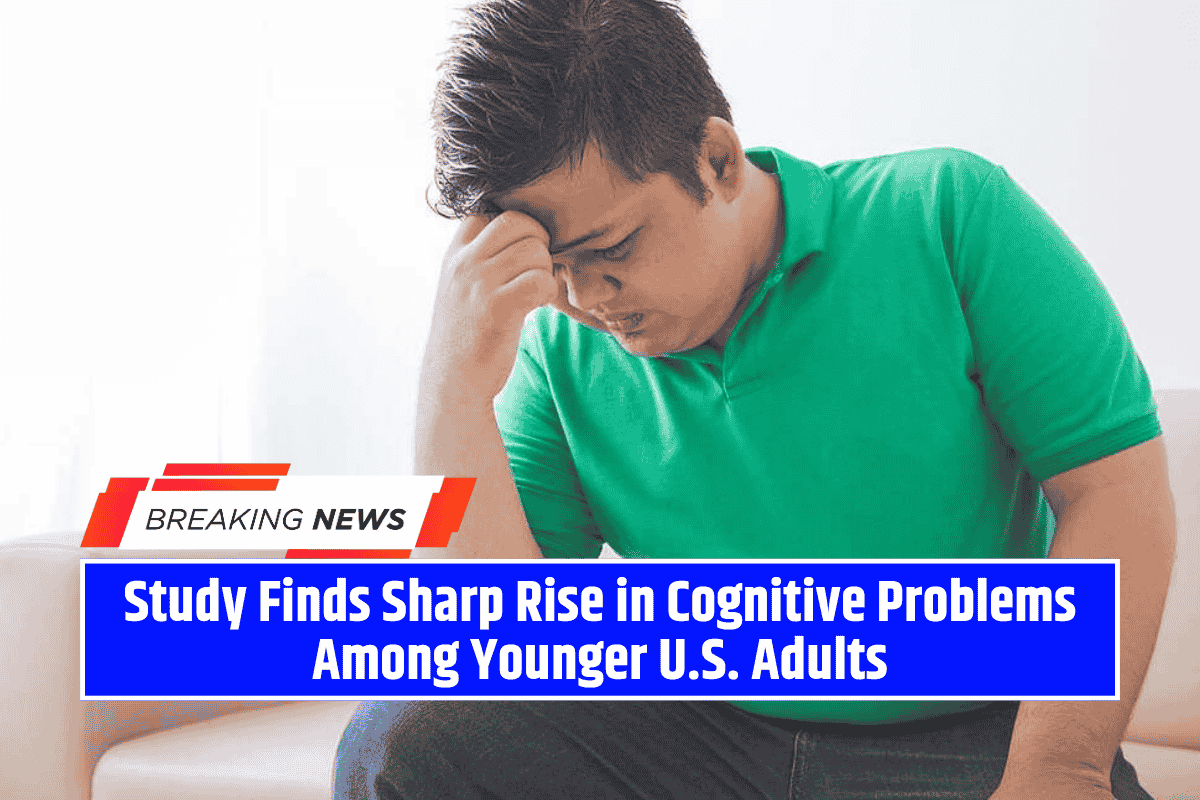On Thursday, the Advisory Committee on Immunization Practices (ACIP), appointed by Health Secretary Robert F. Kennedy Jr., voted 8–3 (with one abstention) to restrict use of the combined measles, mumps, rubella, and varicella (MMRV) vaccine.
The new recommendation advises that children under 4 should receive separate MMR and varicella vaccines rather than the combination shot.
Committee chair Martin Kulldorff said the move was intended to reassure the public and avoid unnecessary risks, particularly due to rare fever-related seizures sometimes seen after the first dose in toddlers. Experts emphasized, however, that such seizures do not cause lasting harm.
Criticism from Pediatric Leaders
The decision has drawn strong criticism from pediatricians and health organizations. Dr. Susan Kressly, president of the American Academy of Pediatrics, warned the ruling may confuse families and erode trust in vaccines.
Merck, the manufacturer of the MMRV shot ProQuad, defended the safety record of the vaccine, stressing that combination shots help improve adherence to immunization schedules.
Infectious disease expert Mike Osterholm added that concerns were overstated, calling the restriction “a solution looking for a problem.”
Debate on Hepatitis B Vaccination at Birth
The panel also revisited hepatitis B vaccination guidelines. Since 2005, U.S. policy has recommended that newborns weighing at least 4.4 pounds receive their first dose within 24 hours of birth. This strategy has significantly reduced infant hepatitis B cases—from 5,494 in 2005 to 2,214 in 2023.
Some ACIP members suggested delaying the birth dose unless the mother is hepatitis B positive. Others pushed back, citing the shot’s strong safety record and effectiveness—up to 95% in preventing chronic infection.
Dr. Cody Meissner emphasized there was little benefit to delaying the vaccine, calling it “absolutely safe.” A final vote is expected Friday.
Broader Concerns About Vaccine Confidence
The committee is also set to review COVID-19 vaccine recommendations. Experts fear that repeated challenges to long-standing vaccine practices could undermine public trust and lower immunization rates.
Osterholm warned that growing skepticism could reverse decades of progress: “As more doubt is sown … we’re going to see fewer people getting vaccinated and the return of the diseases we largely conquered.”
